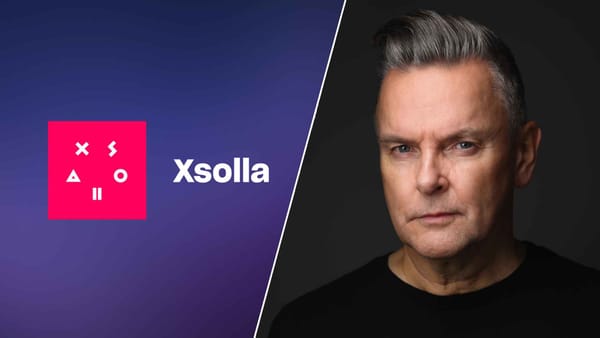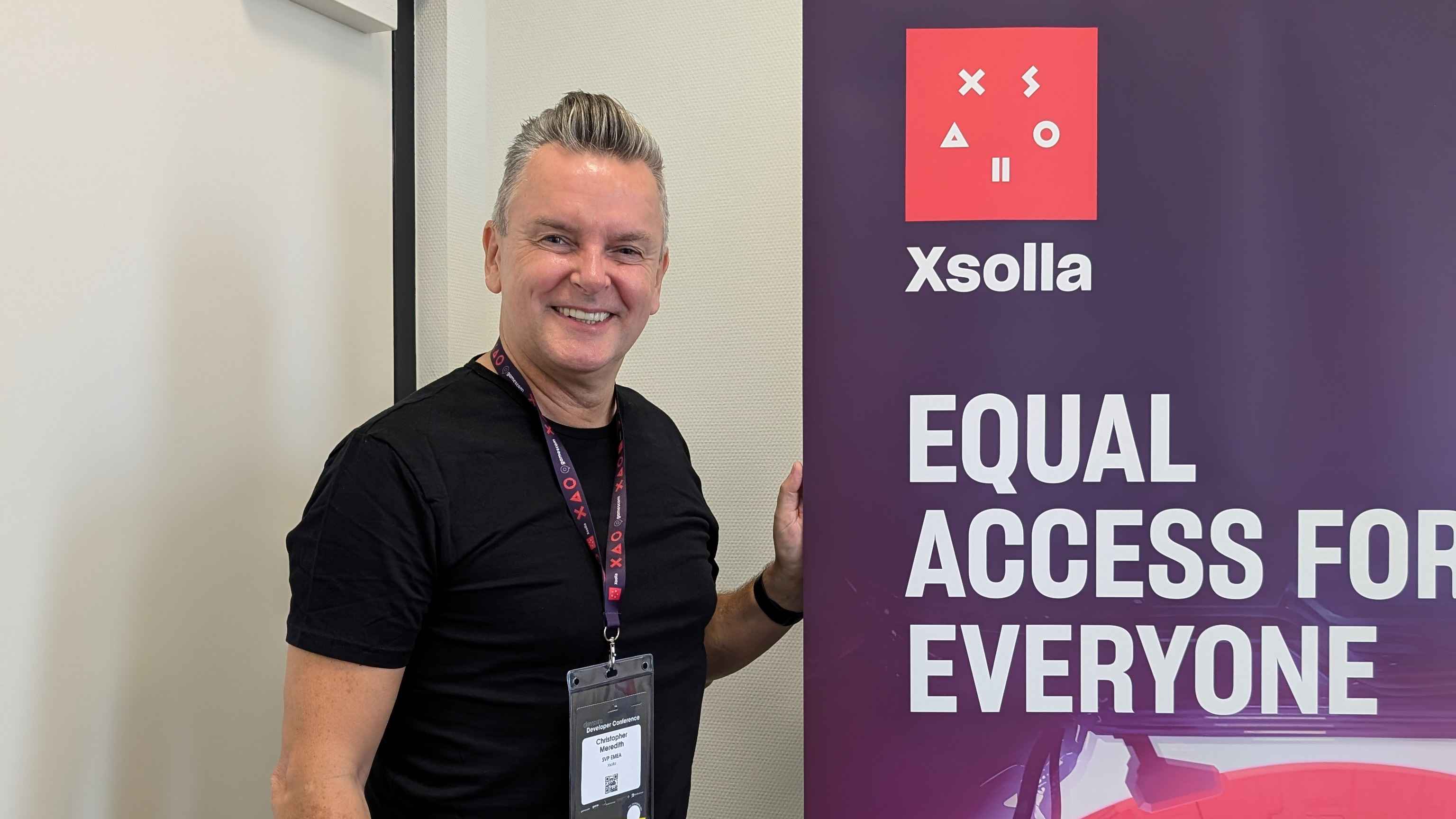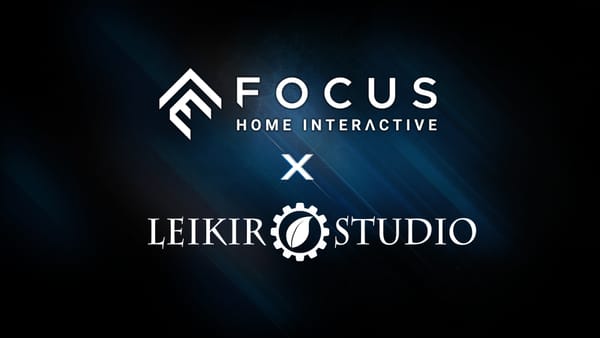Chris Meredith of Xsolla on Monetization Models in the Games Industry




Loot boxes, battle passes, DLC and ads. Like the gaming industry, monetization models are constantly changing, especially on mobile due to privacy measures. An interview with Chris Meredith, Senior Vice President Business Development - EMEA at Xsolla, about the latest developments, trends and opportunities.
GamesMarkt: What do you think of the current situation regarding restrictions on loot boxes or similar monetization methods in the gaming industry, particularly in Europe?
Chris Meredith: "The debate over loot boxes—the in-game rewards that players can purchase, often without knowing exactly what they receive—continues to rage across Europe. Regulators are increasingly stepping in to curb what many see as a thinly veiled form of gambling. Belgium and the Netherlands have taken decisive action, classifying certain loot boxes as gambling and banning them outright. Other nations, including Spain and Germany, are tightening restrictions, including introducing age verification systems and more significant transparency requirements."
"For publishers, this presents a significant challenge. Many argue that loot boxes provide a crucial revenue stream, allowing them to offer free-to-play games or fund ongoing development. But others say that they exploit vulnerable players, encouraging addictive spending habits.The industry now struggles to balance adapting to new regulations and maintaining profitability. With different countries taking different approaches, developers may be forced to tailor their games to comply with multiple legal frameworks. It’s unclear whether we’ll see a unified European stance on loot boxes, but one thing is clear: governments are watching, and change is coming."

GamesMarkt: Do you think loot boxes are still a relevant way to monetize games?
Chris Meredith: "Loot boxes were once hailed as a goldmine for developers. However, as regulations tighten and public sentiment shifts, the long-term viability of loot boxes as a monetization strategy is uncertain. The backlash - especially from younger players and parents - has increased calls for greater transparency and fairness. With regulations tightening, developers are caught between the allure of easy revenue and the risk of alienating their audience or facing consequences. There's also the growing rise of alternative monetization methods, such as battle passes, which offer players a more predictable route to rewards in exchange for a set fee. Unlike loot boxes, where players may feel gambling, battle passes provide a clearer exchange: pay once, and you know what you're getting."
"In short, the future of loot boxes as a monetization strategy is becoming increasingly precarious. With public and governmental pressure mounting, the gaming industry is adapting, and loot boxes may eventually be relegated to the history books, replaced by more transparent, player-friendly systems."
The full interview, which also covers new privacy policies, the importance of transparency in monetization and the rise of subscription models, is available as a Plus article.
Never miss anything from the German, Swiss and Austrian games industry again: subscribe for free to our Daily newsletter and get all news straight to your inbox.








